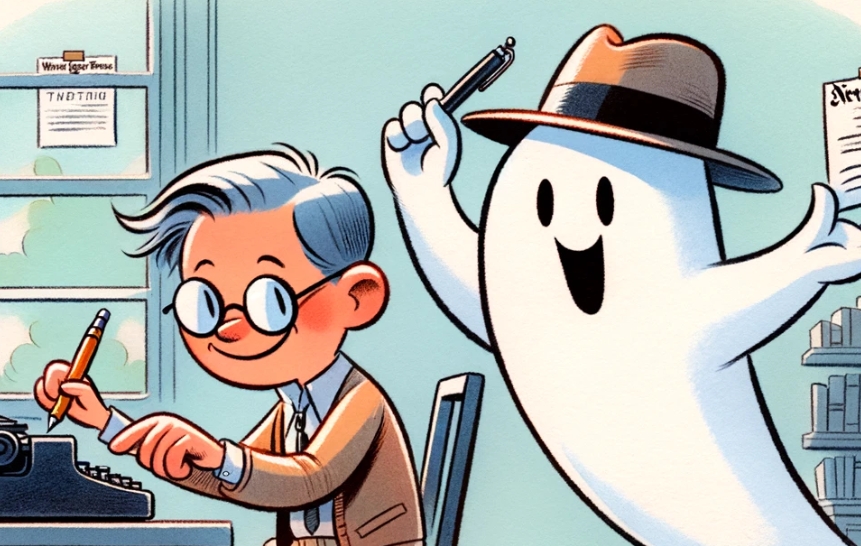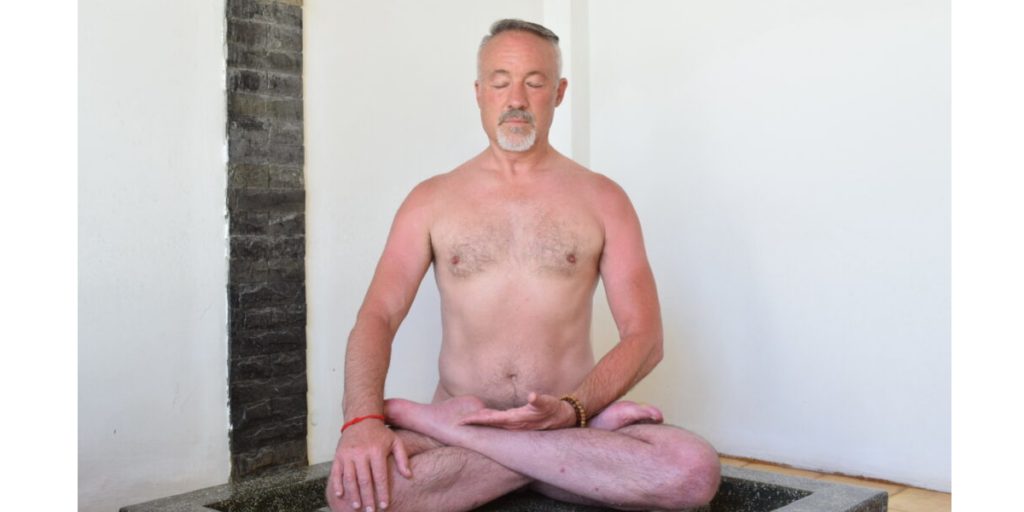The Ghosts We Carry

Fear, Trauma, and the Stories We Refuse to Tell
📜 Setting the Stage
Two stories have been echoing in my mind lately—one about a nation, the other about a little girl.
The first is a piercing essay by Lyle Fass that confronts the brutal truths of American history: genocide, slavery, systemic racism. It argues that the cruelty we see today isn’t new—it’s inherited. America, Fass writes, is a country terrified of its own reflection. Instead of reckoning with its past, it buries it. And buried things don’t disappear. They grow back meaner.
The second story is about Beverly Potts, a ten-year-old girl who vanished in Cleveland in 1951. Her disappearance became a kind of folklore—used by parents to warn their children. “Stay close. Don’t wander. Or you’ll end up like Beverly.” It wasn’t a bedtime story. It was fear packaged as love.
What connects these stories is trauma—how it’s passed down, how it shapes us, and how it can be both personal and collective.
🧠 When the Ghosts Are in Your Living Room
These stories aren’t just historical or metaphorical to me. They feel like mirrors.
Right now, my own family is being torn apart—by politics, by race, by homophobia. Conversations that used to be safe are now battlegrounds. Love is being tested by ideology. And my own expression—my work teaching men’s naked yoga, my commitment to living openly and authentically—is met with discomfort, even disgust.
People around me are afraid. Afraid to participate in life. Afraid to be seen. Afraid to break the rules they never agreed to but still follow.
I see it in their eyes. I hear it in their silence.
And I feel it in the way my freedom unsettles them.
🔗 Fear as Inheritance
We inherit more than genes. We inherit silence. We inherit shame. We inherit fear.
- Some of us grew up with the trauma of scarcity: “We can’t afford that,” even when maybe we could.
- Others inherited body shame, passed down from parents who hated their own reflections.
- Some of us absorbed the trauma of racism—not just as victims, but as witnesses, as bystanders, as people shaped by systems we didn’t choose but still live within.
And just like America, we often bury these truths. We wrap them in pride, in tradition, in family lore. But buried things don’t disappear.
🔥 The Reckoning
Healing begins with honesty. With naming what hurts. With refusing to let the past dictate the future.
We can’t rescue Beverly from that night in 1951. We can’t rewrite the founding of America. And I can’t force my family to understand me. But I can choose what happens next.
- If you inherited silence, speak.
- If you inherited shame, stand in front of the mirror and say, “I am enough.”
- If you inherited fear, remember: safety isn’t shrinking. It’s expanding.
💬 A Personal Call to Action
This isn’t about fixing everything. It’s about starting somewhere.
Ask yourself:
- What fear did I inherit?
- What story have I never told?
- What part of my life feels like it belongs to someone else’s pain?
Then do one small thing to reclaim it. Write it down. Say it out loud. Share it with someone you trust. Or simply sit with it and breathe.
Because the ghosts may visit—but they don’t get to move in.
And if you, like me, are living a life that others find too raw, too honest, too exposed—know this: your freedom is not the problem. It’s the invitation. To heal. To expand. To live.






👍🏻😊